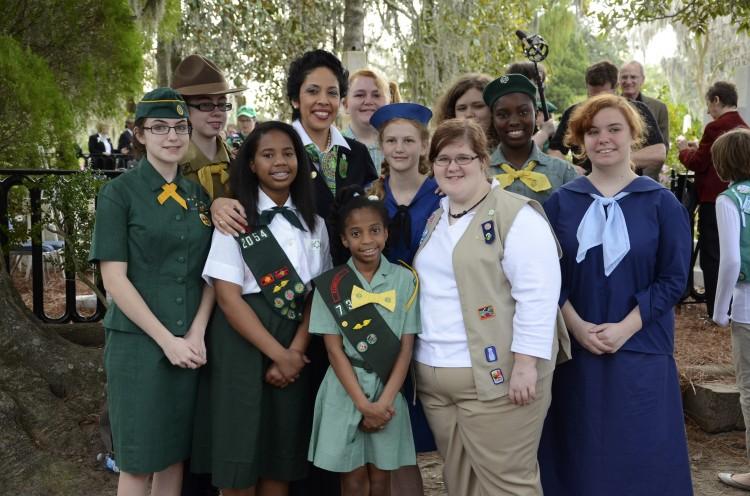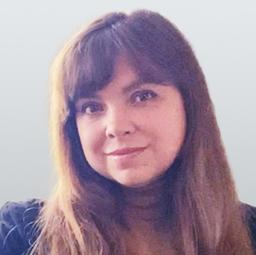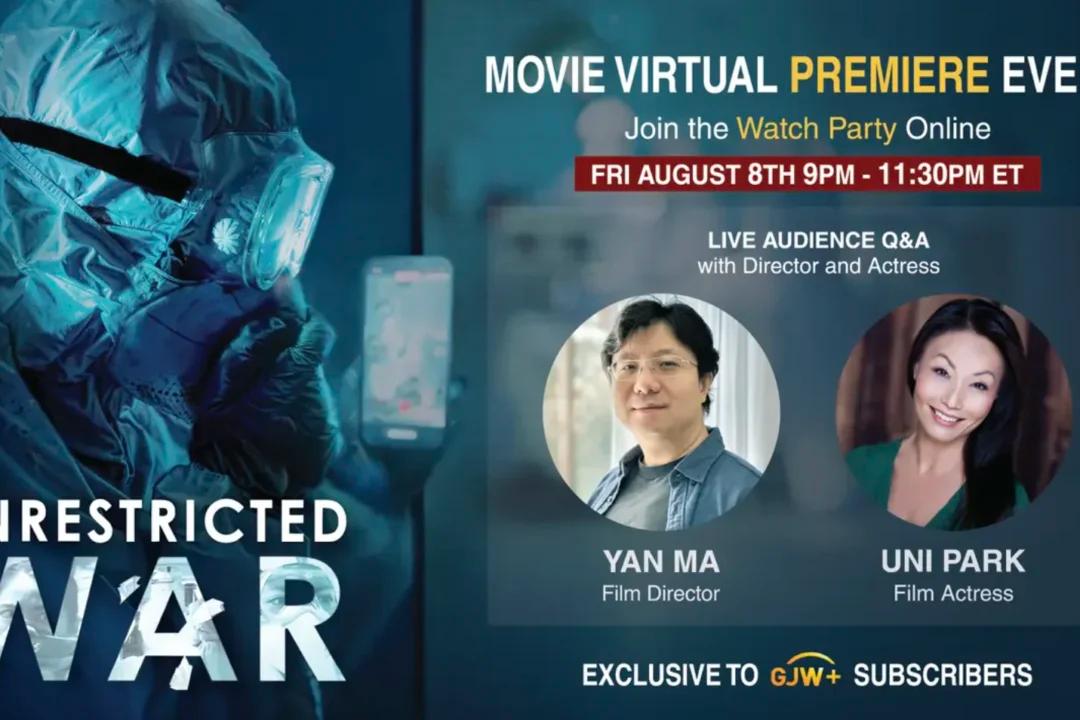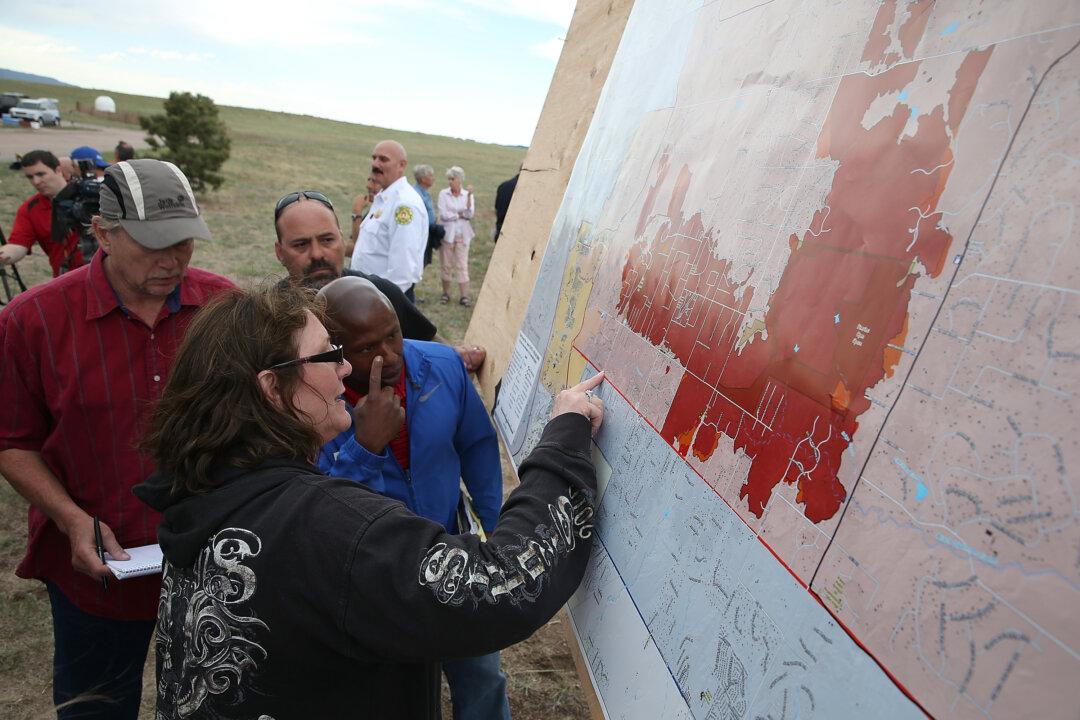Award-winning Girl Scouts from around the country made a special trip to Capital Hill in Washington, D.C., on Feb. 28 to unveil the first U.S. Mint Girl Scouts of the USA Centennial Silver Dollar coin.
Anna Maria Chavez, CEO of Girl Scouts of the USA (GSUSA), said that she was joined by “incredible” young women.
“Last week, I was privileged to be joined in our nation’s capitol by more than 20 Girl Scout Gold Award recipients and their council CEOs from across the United States,” Chavez wrote in her column in The Huffington Post on March 5. Congress reauthorized the Violence Against Women Act (S. 47) the on same day as the breakfast.
Nearly one in two adult women in the United States has at some point in their life been a member of Girl Scouts, according to a study from GSUSA. GSUSA was founded on March 12, 1912, by Juliette Gordon Low in Savannah, Ga., and today there are 3.2 million Girl Scouts across the country, according to the Girl Scout fact sheet.
Among the attendees at Capitol Hill was Rep. Jack Kingston (R-Ga.), who remembers his sister’s Girl Scouts meetings when he was kid. He said that from those meetings he learned “how to cook a pancake on a potato pan,” according to The Hill. Kingston encouraged his own daughters to join the Brownies—the division for girls in the second and third grades.
Troop Capitol Hill, the Honorary Congressional Girl Scout Troop established by the Public Policy and Advocacy office, is a bipartisan delegation of women in Congress who advocate for issues affecting girls and young women. The troop is led by Reps. Debbie Wasserman Schultz (D-Fla.) and Kay Granger (R-Texas) and Sens. Barbara Mikulski (D-M.D.) and Susan Collins (R-Maine).







